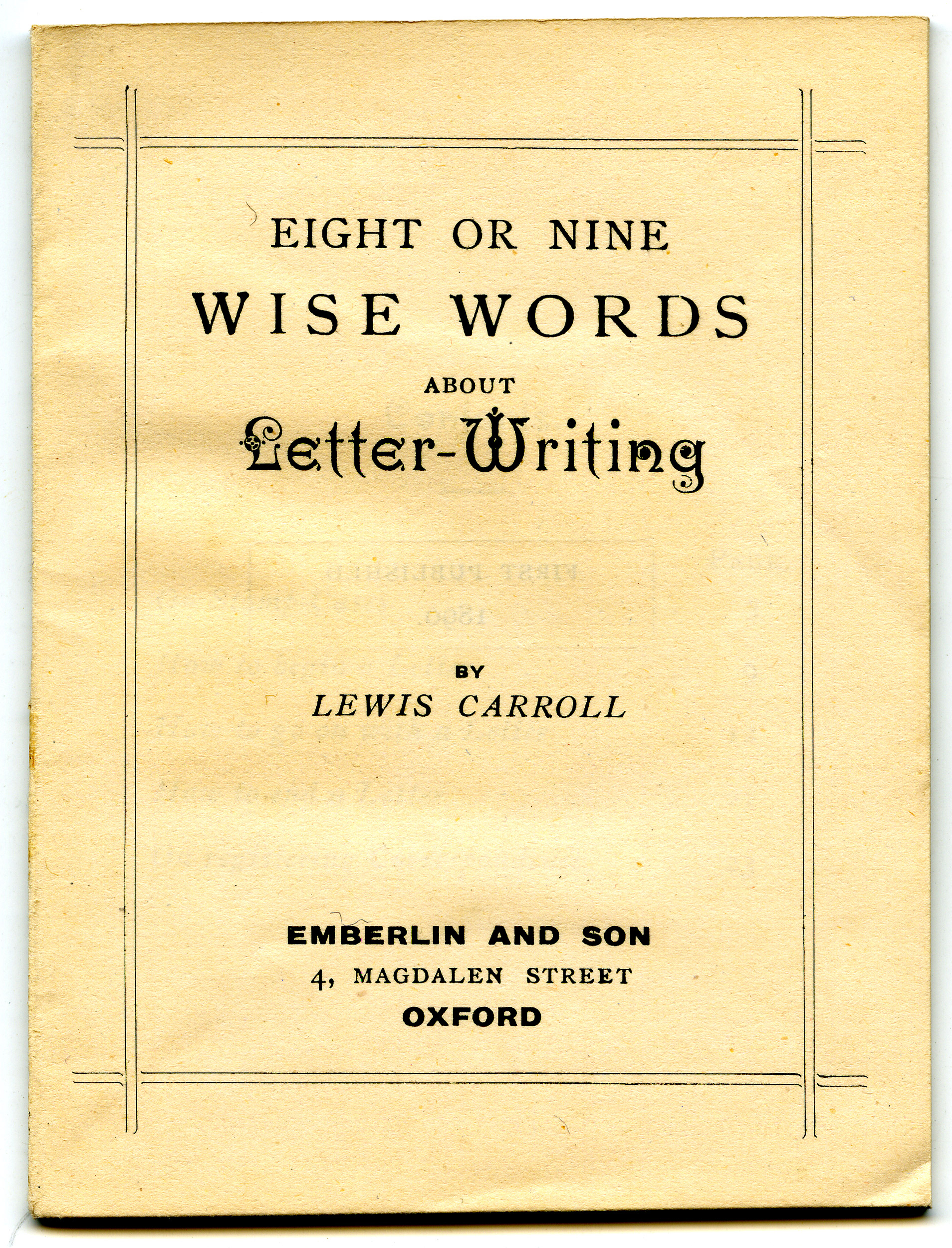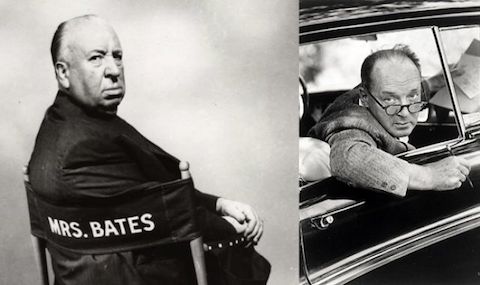As we wrote last week, David Lynch is not only one of the great cinematic spelunkers of the unconscious, creating images and storylines that have disturbed moviegoers for almost four decades, but he’s also had a successful run as a commercial director, making ads for among other companies Alka-Seltzer, Barilla Pasta and Georgia Coffee.
In 1988, fresh off his success with Blue Velvet and just before he started production on his landmark TV series Twin Peaks, he made his first commercials — a quartet of advertisements for Calvin Klein’s perfume Obsession featuring passages from such literary titans as F. Scott Fitzgerald, D.H. Lawrence and Ernest Hemingway. (Lynch’s ad featuring Gustave Flaubert is mysteriously unavailable on Youtube.)
The commercials have all the pretension, the luscious black and white photography and the vacant-eyed beautiful people that you might expect from a Calvin Klein ad. Yet they also show glimmers of Lynch’s aesthetic – a noirish, dream-like tone, an oddly framed close up, a fondness for flashing lights. Lynch dialed down the weird to serve the text. The result is far more romantic and beautiful than you might expect from the director. If you’re hoping to see a David Lynch commercial that will give nightmares, check this one out instead.
The ad for F. Scott Fitzgerald, which you can see above, uses one of the more famous passages from The Great Gatsby.
He knew that when he kissed this girl, and forever wed his unutterable visions to her perishable breath, his mind would never romp again like the mind of God. So he waited, listening for a moment longer to the tuning-fork that had been struck upon a star. Then he kissed her. At his lips’ touch she blossomed for him like a flower and the incarnation was complete.
Sharp-eyed viewers might have caught that the ad stars future Oscar-winning actor Benicio Del Toro and Heather Graham, who would later appear in Twin Peaks. The commercial dissolves back and forth between Del Toro and Graham until the inevitable kiss when the ad cuts, with surprisingly literalness, to a blooming flower.
The D.H. Lawrence ad uses a quotation from Women in Love:
Her fingers went over the mould of his face, over his features. How perfect and foreign he was—ah how dangerous! Her soul thrilled with complete knowledge. This was the glistening, forbidden apple … She kissed him, putting her fingers over his face, his eyes, his nostrils, over his brows and his ears, to his neck, to know him, to gather him in by touch.
Lynch shows a blonde in a brocade dress looming over her improbably beautiful paramour who is lying on a divan. She paws at his chiseled features before leaning in for a kiss.
And finally, the Ernest Hemingway ad – the spookiest and most Lynchian of the bunch — features a passage from The Sun Also Rises:
I lay awake thinking and my mind jumping around. Then I couldn’t keep away from it, and I started to think about Brett. I was thinking about Brett and my mind started to go in sort of smooth waves. Then all of a sudden I started to cry. After a while it was better and I lay in bed and listened to the heavy trams go by.. and then I went to sleep.
This ad opens with a half-naked man lying awake in a darkened room filled with grotesque shadows. He’s haunted by the specter of an androgynous woman in a tank top. There’s a flash of lightening and then the woman kisses his cheek. Lynch closes up on his eye, which is welling up with a single tear.
As a side note: the half-naked guy in the ad is James Marshall who went on to star in Twin Peaks, as did Lara Flynn Boyle who appears in the missing Flaubert commericial. Lynch has a reputation of being very loyal to his actors.
The Obsession ads proved to be such a success that he started getting requests to do commercials for other luxury perfume companies like Giorgio Armani’s Gio and Yves Saint Laurent’s Opium.
As Lynch told Chris Rodley in Lynch on Lynch, he thinks of commercials as “little bitty films, and I always learn something by doing them.”
Jonathan Crow is a Los Angeles-based writer and filmmaker whose work has appeared in Yahoo!, The Hollywood Reporter, and other publications. You can follow him at @jonccrow.
Related Content:
David Lynch’s Unlikely Commercial for a Home Pregnancy Test (1997)
David Lynch Teaches You to Cook His Quinoa Recipe in a Weird, Surrealist Video
What David Lynch Can Do With a 100-Year-Old Camera and 52 Seconds of Film



